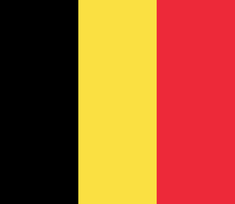Featured Quizzes
User Quizzes
Create Quiz
Data and Charts
Badges and Games
About JetPunk
JetPunk Shop
Dark Mode

Countries by Official Language
Based on the official languages, name the country.
Rate:
Featured Quiz
Last updated: September 18, 2019
You have not attempted this quiz yet.
More quiz info >>
| First submitted | December 12, 2011 |
| Times taken | 141,981 |
| Average score | 70.0% |
| Rating | 4.93 |
4:00
Enter country here:
0
/ 20 guessed
Time Used
00:00
Best Time
00:00
The quiz is paused. You have remaining.
Scoring
You scored / = %
This beats or equals
% of test takers
also scored 100%
The average score is
Your high score is
Your fastest time is
Keep scrolling down for answers and more stats ...
|
|
New and Popular
Save Your Progress
Copyright H Brothers Inc, 2008–2024
Contact Us | Go To Top | View Mobile Site

It's also a defining feature of the Atlantic-Congo language family which Bantu is a branch of.
The official language of Flanders and of the Flemish community is standard Dutch (i.e. Dutch of Amsterdam). It is also an official language in Brussels.
While it is probably correct to say that the official languages of Belgium are Dutch, French, and German, it's worth pointing out that these languages are official within their communities and that Dutch, for example, is not an official language of the French community. In that sense, Belgium has no official languages on a national level.
You scored 19/20 = 95%
This beats or equals 80.7% of test takers
The average score is 14
Your high score is 19
Forgot Madagascar !!